What Are the Possible Outcomes of a North Carolina Board of Nursing Disciplinary Case?
Understanding How the Board of Nursing Works
Disciplinary cases before the North Carolina Board of Nursing (NCBON) can be intimidating. The Board operates under multiple layers of law:
The North Carolina Administrative Procedure Act (Chapter 150B)
The Nursing Practice Act (specific to nurses)
The Board’s own administrative rules in the North Carolina Administrative Code
Because of this overlap, it can be difficult for a nurse to know what disciplinary outcomes are possible. Having experienced legal guidance can make a critical difference.
Two Main Categories of Discipline: Private vs. Public
When thinking about potential outcomes at the NC Board of Nursing, it’s helpful to divide them into two main categories: private outcomes and public outcomes.
Private Outcomes
“Private” means the outcome stays between you and the Board; it is not published or made available to the public. Even if a nurse receives a minor form of discipline, it may not appear on a public record. Private outcomes can include:
Dismissal of the case entirely (rare, but possible if the Board finds no violation).
Private Letter of Concern (a confidential warning or reminder).
Non-Disciplinary Consent Order (an agreement with the Board that does not constitute public discipline).
Although these outcomes are not public, they can still have consequences for your professional practice, and each is slightly different. Having an attorney explain the implications of each option is essential.
Public Outcomes
All other forms of discipline by the NC Board of Nursing are considered public and are typically published or reported. These can include:
Public Consent Orders
Suspensions or Revocations of your license
Probationary Licenses with specific conditions
Summary Suspensions (immediate emergency action)
Public outcomes can affect your reputation, employment, and ability to practice.
The Board’s Burden of Proof
Regardless of whether the outcome is private or public, the Board must prove that a nurse violated the Nursing Practice Act by “clear and convincing evidence.” This is a high evidentiary standard. It means the Board cannot impose discipline unless it meets that burden.
Why Early Legal Representation Matters
Because the Board has to meet a legal burden, your initial response to an investigator’s inquiry is crucial. How you present your side of the story can influence whether the Board pursues a private or public outcome. Coaching from an attorney can help you:
Respond promptly and strategically to Board investigators.
Avoid self-incriminating statements.
Increase your chances of obtaining a private (non-public) resolution.
Protect Your License and Career
If you’ve received a notice of investigation from the North Carolina Board of Nursing, don’t go it alone. The possible outcomes range from private letters to public suspension or revocation. Contact an experienced attorney early to help you navigate the process and protect your license.
This is not legal advice. If you do need legal representation call the office at: 919-616-3317

